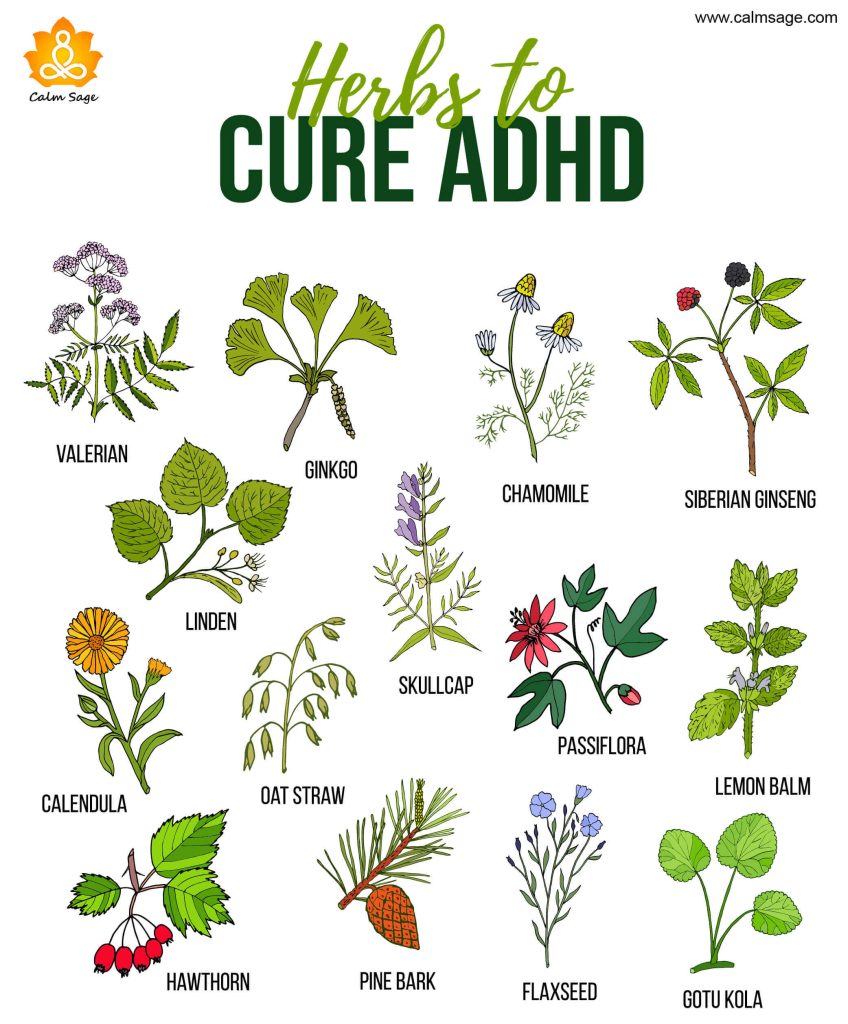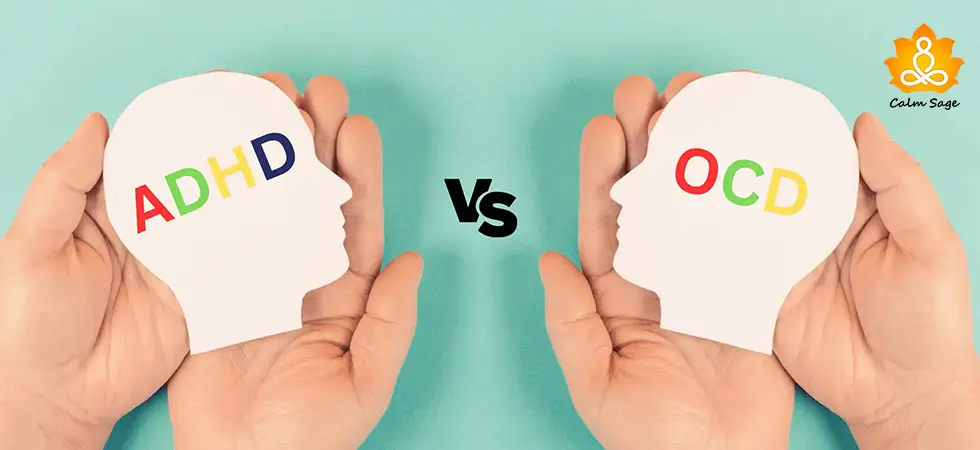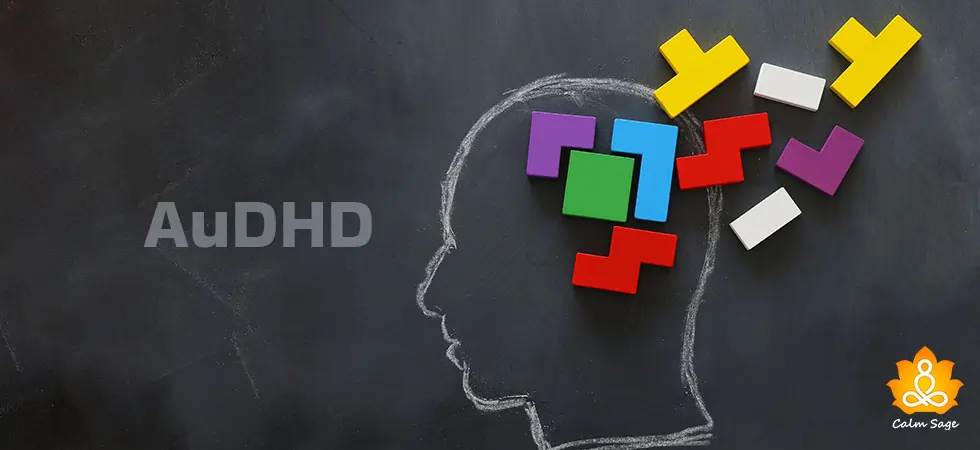6 Best Herbs To Help Ease ADHD Symptoms

Diagnosing a neurological or developmental disorder usually implies that you’ll be prescribed medications to counter the symptoms. As an adult, taking medications to ease symptoms of disorders might not seem a big deal, but, as parents of a child diagnosed with a condition such as ADHD (where 90% of the time medications are prescribed), it could be a scary thing.
One of the most common disorders that are diagnosed in children is ADHD (Attention Deficit Hyperactivity Disorder) at almost 11% – according to the CDC. Did you also know that the percentage of ADHD diagnoses in children between 2003 and 2011 increased to 41%?
Because of its prevalence, medications are more often than not used to treat ADHD symptoms. Many parents of ADHD children are not comfortable giving their children drugs to help with the treatment. And I can understand that.
Medications can have terrible side effects, not just for children but for ADHD adults too, such as dizziness, trouble sleeping, mood swings, gastrointestinal issues, loss of appetite, and even suicidal thoughts or actions.
Scary, isn’t it?
Well, rest assured, if you’re looking for natural remedies or herb supplements to help ease ADHD symptoms, then you’re at the right place. I’ve compiled a list of the 6 best herbs to ease ADHD symptoms.
Let’s take a look at them!
6 Best Natural Herb for ADHD

1. Herbal Tea
In a study, it was found that ADHD children have more trouble sleeping, sleeping soundly, and getting up in the morning. It was suggested that other than psychotherapy, additional treatments might help. Herbal teas, for example, such as chamomile, spearmint, lemon grass, etc. are considered a safe substitute treatment for ADHD children and even adults.
These herbal teas can help encourage sleep and can prevent abrupt waking up in the middle of the night.
2. Fish Oil And Omega-3s
One of the most common ADHD healing herb can be fish oil and omega 3. Many studies show that omega-3 (with high EPA) can be effective in treating ADHD symptoms. Fish oil can also be a good supplement as it has fewer side effects and can help increase omega-3 in the body, which is commonly not present in children with ADHD.
Of course, the dosage of the supplements can vary between ages. If you’re thinking of giving the supplement to a child, then it is recommended you speak with a pediatrician beforehand. And if it’s for you, then it’s best to consult a physician before you take the supplements.
3. Ginkgo Biloba
Ginkgo Biloba, a plant native to China, is known for its antioxidant properties but has also been said to help improve memory and mental sharpness. When it comes to ADHD, Ginkgo is said the best plant to help symptoms of ADHD in children and adults. It is also important to note that Ginkgo interacts with other medications and might not be suitable for adults with stomach or bowel issues.
4. Brahmi
Brahmi or Indian Pennywort is a marsh plant native to India. The herb, Brahmi, is made from its leaves and stems and has been said to be used for centuries to help boost cognitive function and memory. Using Brahmi herb to treat ADHD symptoms has given some mixed results, mostly positive.
In studies, it was found that taking Brahmi extract for 6 months helped reduce ADHD symptoms such as restlessness, poor impulse control, inattention, etc. in children. In another study, it was found that this herb improved memory power in adults.
5. Ginseng
Again, a native to China, Ginseng has long been said to help improve cognitive function and energy. It has also been shown to help treat ADHD symptoms in children and adults. In a recent study, it was found that children with ADHD, when given ginseng, reported reduced anxiety and improved social functioning.
Another study showed that children who were given red ginseng with omega-3 daily reported improvement in memory and attention.
6. Green Oats
Unripe oats or green oats have always been associated with calming nerves and treating issues such as stress and anxiety. It might have also been used as a supplement to boost attention and focus in people with ADHD. In a 2011 study, it was found that adults with cognitive issues, when given green oats extract, showed better results than others who didn’t.
In another study, it was reported that taking green oats supplements showed improvement in the brain area that is responsible for better cognitive performance.
Other Natural Herbs For ADHD
1. Dietary Changes: Some foods can help control the symptoms of ADHD. Beverages and foods such as soda, candy, pickles, ice cream, etc. should be avoided. Organic foods and proteins should be added to the diet.
2. Yoga or Tai Chi: Exercises such as yoga and tai chi can help quiet the mind and keep it focused, especially if you or your child shows symptoms of hyperactivity, anxiety, maladaptive daydreaming, and social problems.
3. Spending Time in Nature: Regular exposure to nature can help ease ADHD symptoms and clear the mind. Even 20 minutes of regular nature exposure can be beneficial.
4. Behavioral Therapy: Behavioral therapy can help treat ADHD as it involves resolving problematic behaviors and setting goals or rules to prevent further aggravating the ADHD symptoms.
Please note: To prevent any side effects, it’s important to consult with a healthcare professional or your physician.
If any herbs and supplements have side effects then you need to immediately stop taking them. If you’re using herbs and supplements for your child, then you need to consult a pediatrician first before giving them to your child.
Final Thoughts…
While there have been studies on the effectiveness of treating ADHD with natural herbs and supplements, there’s still a need to remain cautious when using such herbs and supplements for ADHD.
If you’re taking these herbs for yourself or your child, then please consult with your doctor to understand any potential side effects.
Herbs and natural supplements, while not dangerous, can still cause side effects and allergies. If you’re still finding it hard to manage your or your child’s ADHD symptoms, then seek professional help and consultation.
If you found this article helpful, let us know in the comments below or write to us at info@calmsage.com for more. You can also DM us on social media to connect with us.
Take Care!
Next Read:




















